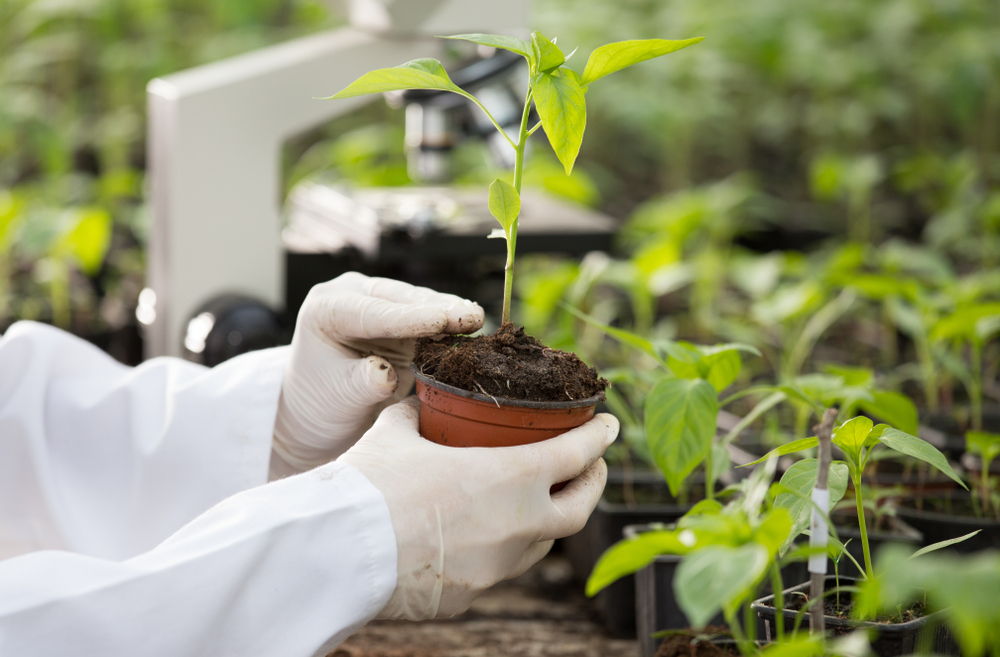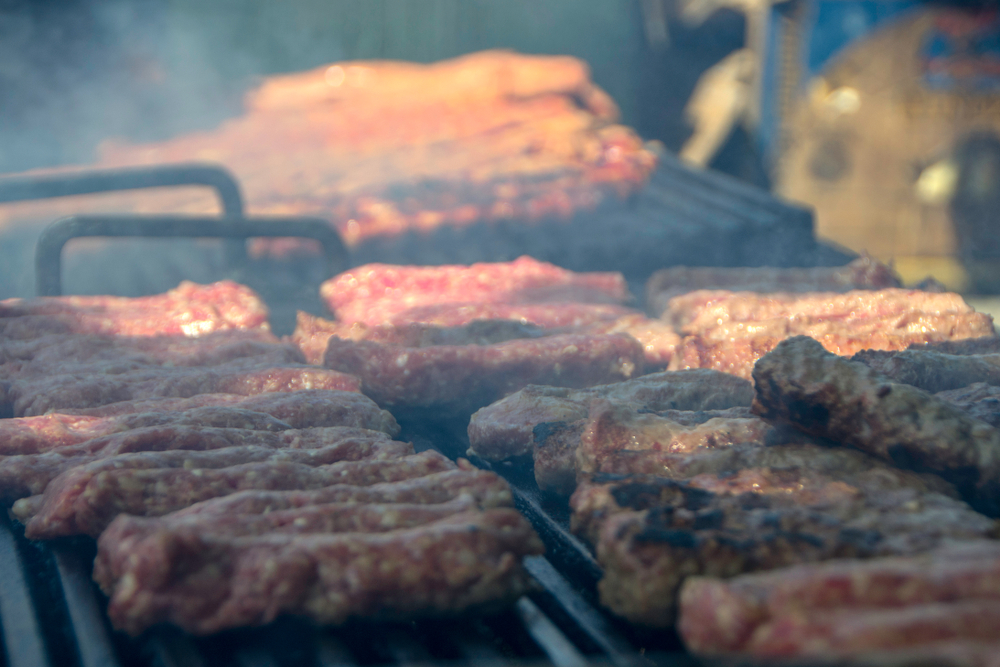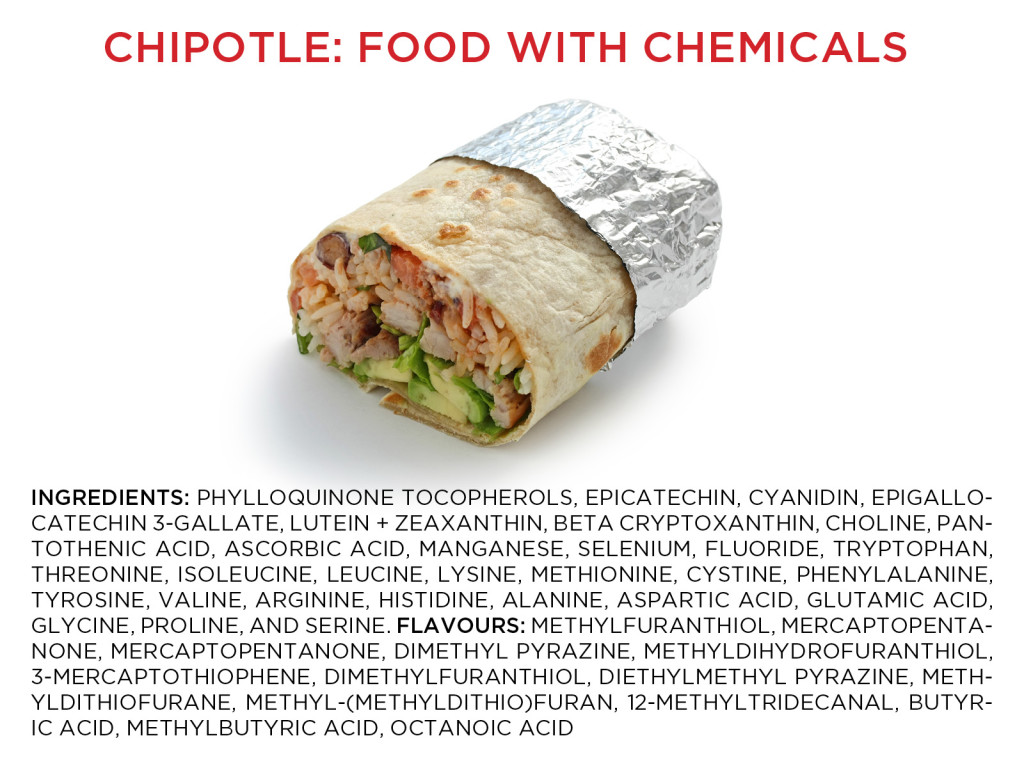Some consumer activists are demanding that genetically modified foods be labeled so today’s safety-conscious homemakers can avoid them. Meanwhile, organic and natural foods are soaring to new heights of popularity.
Organic and natural foods must be safer and more healthful, right? Not quite! Genetically modified foods are significantly safer than organic and natural foods. Over the last decade, consumers have eaten millions of pounds of genetically altered foods, and millions of tons of feed corn and soybean meal have been used to produce our meat and milk. So far, not even a skin rash has been linked to these new-tech foods. Not one.
In the same decade, thousands of consumers have been sickened because of the natural bacteria and toxins too often found in organic and natural foods. Many of the victims have suffered permanent damage to their livers, kidneys or eyesight. A few have even died.
Any health professional will tell you that bacteria have been the biggest food -borne risks to humans for centuries, and lately we’ve been attacked by a couple of new and deadlier food -borne bacteria, Salmonella typhimurium and E. Coli O157:H7.
O157 is a variant of the E. coli that has been killing our sick and elderly for thousands of years. But O157 kills even the strong. And many of its survivors suffer permanent damage to their internal organs.
The Centers for Disease Control and Prevention estimates O157 causes 25,000 U.S. hospitalizations per year and 250 deaths. The dangerous bug is found most often in undercooked hamburger _ but also turns up in bean sprouts, lettuce, apple juice and other foods.
The reservoir of O157 is cow manure. Too many organic farmers fertilize their food crops with cow manure. Composting the manure is an erratic process.
Mainstream farmers rarely fertilizer food crops with manure, preferring the cleaner, safer chemical nitrogen taken from the air. The air we breathe, incidentally, is 78 percent nitrogen.
What about the “natural” foods we all see advertised? Unfortunately, they too often avoid such consumer protections as pasteurization and anti-bacterial washes. The “natural” apple juice that killed a young girl in Colorado a few of years ago is a terrible case in point.
But, a consumer might ask, aren’t the bacterial risks of organic food offset by the higher nutritional value of organic food?
The answer, once more, is “no.” No peer-reviewed study has found a significant nutritional advantage in organic foods.
In fact, Katherine Di Matteo of the Organic Trade Association recently told John Stossel of ABC News _ on national TV: “Organic foods are as nutritious as any other foods. ” She said it twice. She also said: ” Food safety is not what organic food standards are all about.”
How can we be sure that the biotech foods themselves won’t introduce new risks? Biotech foods must be approved and then tested by the Food and Drug Administration, the Environmental Protection Agency, and the U.S. Department of Agriculture.
In fact, most biotech foods vary only slightly from the foods we’ve been eating for decades. Laboratory analysis cannot distinguish a GMO Round-ready soybean from ordinary field-run soybeans.
Most of our cheese has been made with genetically modified rennin for a decade. Before the advent of biotech, we had to kill little calves to get this coagulating agent from their stomachs. Again, laboratories can’t detect any difference in the cheese.
Pest-resistant biotech corn fends off the corn borers which give access to the Aspergillus fungus _ so it has less of a potent cancer agent, aflatoxin.
Meanwhile, the power of genetic engineering to improve our foods appears awesome. Already, biotech has produced a rice engineered to contain Vitamin A. The new rice will prevent millions of kids in poor, rice-eating countries from dying or going blind each year due to severe Vitamin A deficiency.
Biotechnology can also be lifesaving for First World consumers. As an early triumph, we will be able to take the allergens out of foods such as peanuts _ where they can be deadly, especially to children.
For quality of life enhancement, a new DNA test will tell us which cows and bulls carry the genes for truly tender beef; and, biotechnology is still our best hope for a truly good-tasting off-season tomato.
But the environment will be the big winner. We should be able to dramatically increase our farm yields and that’s urgently important for a world that will need nearly three times as much food for a peak population of 9 billion affluent people _ and their pets _ in the 21st century.
If biotechnology is kept locked in a vault with activists holding the keys, we will probably face the reality of people plowing down the habitat of millions of wildlife species to get food for their children and pets.
— Dennis T. Avery is director of global food issues for the Hudson Institute, a public policy think-tank in Indianapolis, but lives near Churchville, Va. Readers may write him at
Hudson Institute/Washington
1015 18th Street NW, Suite 300
Washington, D.C. 20036
or via e-mail at: [email protected]




